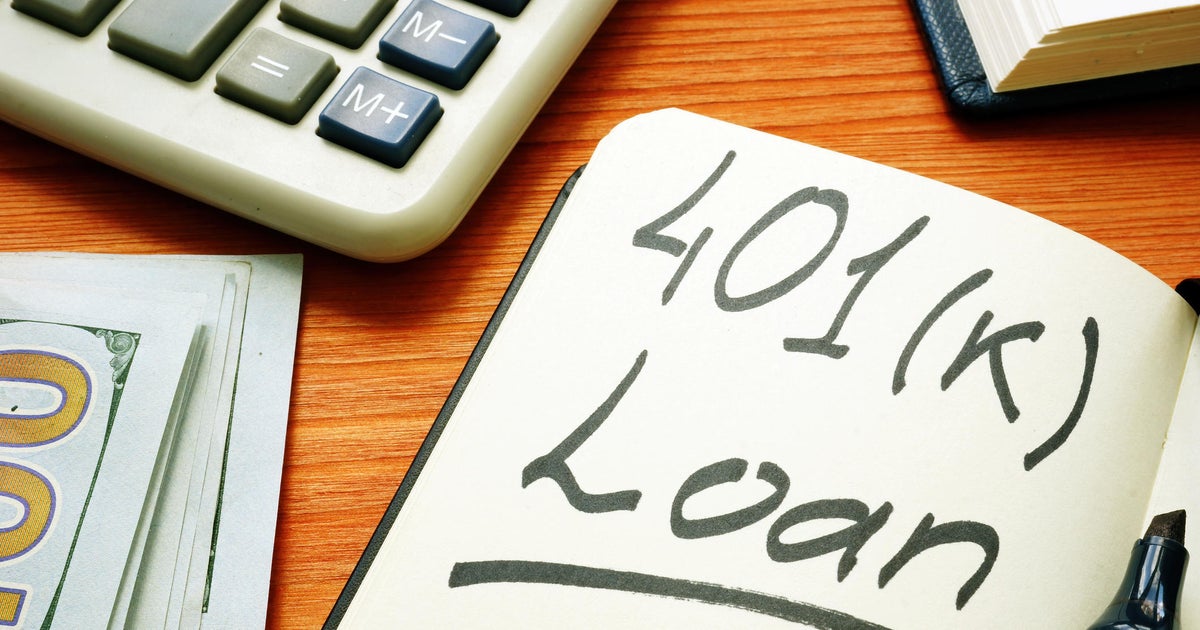CEOs rake in 940% more than 40 years ago, while average workers earn 12% more
- CEO compensation rose 940% from 1978 to 2018, compared with a 12% rise in pay for the average American worker during the same period, according to the Economic Policy Institute.
- In 2018, average CEO pay at the 350 biggest U.S. companies was $17.2 million.
- Chief executives at large companies make roughly $278 for every $1 a typical worker earns — that's up from a ratio of 20-to-1 back in 1965 and a ratio of 58-to-1 in 1989.
The chasm between what the country's corporate leaders and their workers earn is widening to Grand Canyon-like proportions, according to new research that shows CEO compensation surged 940% between 1978 to 2018 while the average worker saw a meager 12% pay hike over the same 40-year period.
"CEOs are getting more because of their power to set pay, not because they are increasing productivity or possess specific, high-demand skills," economist Lawrence Mishel and research assistant Julia Wolfe said in the report from the Economic Policy Institute, a left-leaning think tank.
Depending on how it's calculated, the average pay of CEOs at the 350 biggest U.S. companies last year came to $17.2 million, the EPI research found. (Or, alternatively, about $14 million, with the smaller number valuing the stock options that make up a big chunk of CEO pay at the time they were granted rather than when they were cashed in at typically higher prices.)
Last year chief execs got $278 for every $1 a typical worker earned, according to Mishel and Wolfe. Back in 1965, top corporate chiefs earned $20 for every dollar a typical worker earned, with that ratio rising to 58-to-1 by 1989. The gap widened dramatically in the following decades, they noted, due to a shift in the 1990s and 2000s to compensate CEOs mostly with stock options, restricted shares and other incentive-based pay fueled a spike in their earnings.
Other factors that have driven income inequality in recent years: failure to raise the federal minimum wage, eroding union membership and globalization -- all of which reflect shifts in economic policy in ways that favor big corporations and the rich, Mishel said.
Pay for performance?
The EPI findings are in line with an analysis by Equilar for the Associated Press earlier this year that found that CEOs at S&P 500-listed companies made a median of $12 million last year, including salary, stock and other compensation.
Many CEOs who haul in massive stock awards aren't necessarily demonstrating their worth, EPI's Mishel told CBS MoneyWatch this week. Rather, the jump in executive compensation broadly reflects the runup in stocks in recent years.
"When every industry stock goes up, their stock goes up, and they're rewarded as though they hit a triple, Mishel said. "That's not for performance as they are sitting in the bleachers."
Excessive CEO pay is the result of a rigged system that creates the wrong incentives for top executives and is the same time terrible for company morale, observed Steven Cliffords, CEO of King Broadcasting for five years and National Mobile Television for nine.
"When people talk to me, they'll say, 'Yeah, but look at those baseball stars and all the money they make,' " Cliffords explained. "But there's a key difference: Baseball players make their money in what's essentially an auction market, where teams bid for their services. It's the same with movie stars. You know Mike Trout is going to improve any team he's on, that Meryl Streep is going to improve any movie she's in."
Conversely, a CEO is not going to improve just any company, as the knowledge it takes to perform well in the job is company-specific. That's why three-quarters of all new CEOs among S&P 500 companies involve internal promotions, said Cliffords, who has chaired numerous compensation committees for public and private companies. (He's also the author of "The CEO Pay Machine, How it Trashes America and How to Stop It.")
The pay gap between CEOs and rank-and-file workers had some members of Congress calling out bank CEOs on the pay disparity earlier this year. New York Democrat Nydia Velazquez told the heads of the nation's largest financial institutions appearing on Capitol Hill that the swelling pay gap "doesn't look good."
Disney heiress Abigail Disney has repeatedly criticized the compensation paid to public company CEOs, calling it "a moral issue" and one that leaves some low-wage earnings sleeping in their cars and rationing insulin. She and other activists contend that workers are often laid off without severance, while top executives line their own and investors' pockets through share buybacks and cash dividends.
"In the 1980s, it became all about creating money for shareholders," William Lazonick, an economist and professor at the University of Massachusetts Lowell, said of the practice of companies spending billions of dollars to repurchase their own stock and artificially driving the price higher.
In its report, EPI called for policies including reinstating higher marginal income tax rates at the very top and setting higher corporate tax rates on companies with higher ratios of CEO-to-worker compensation.



